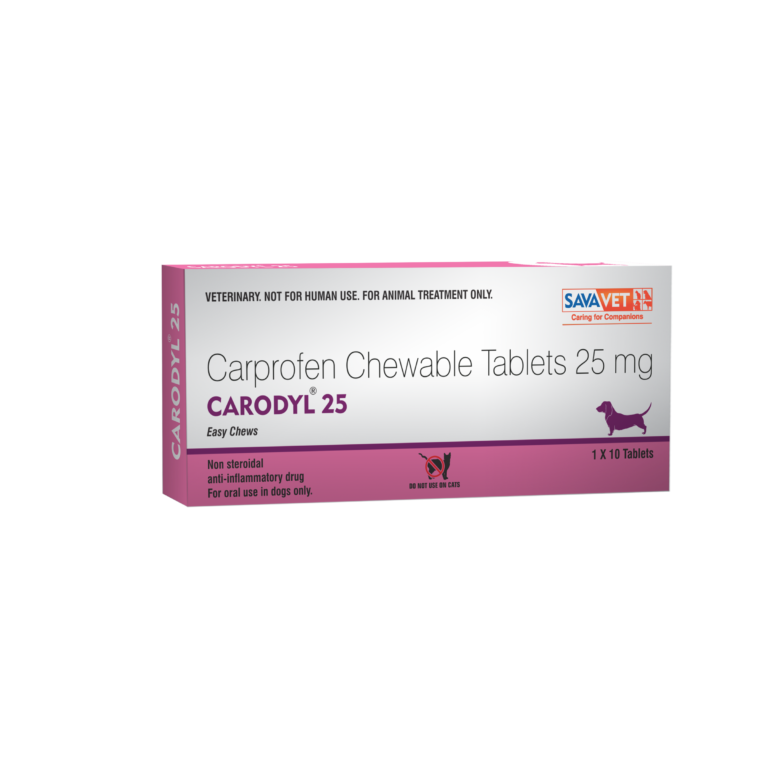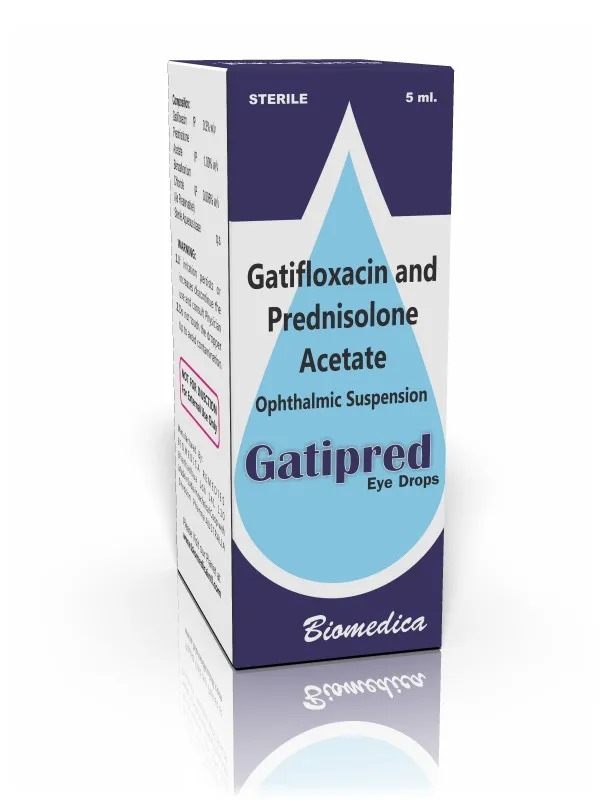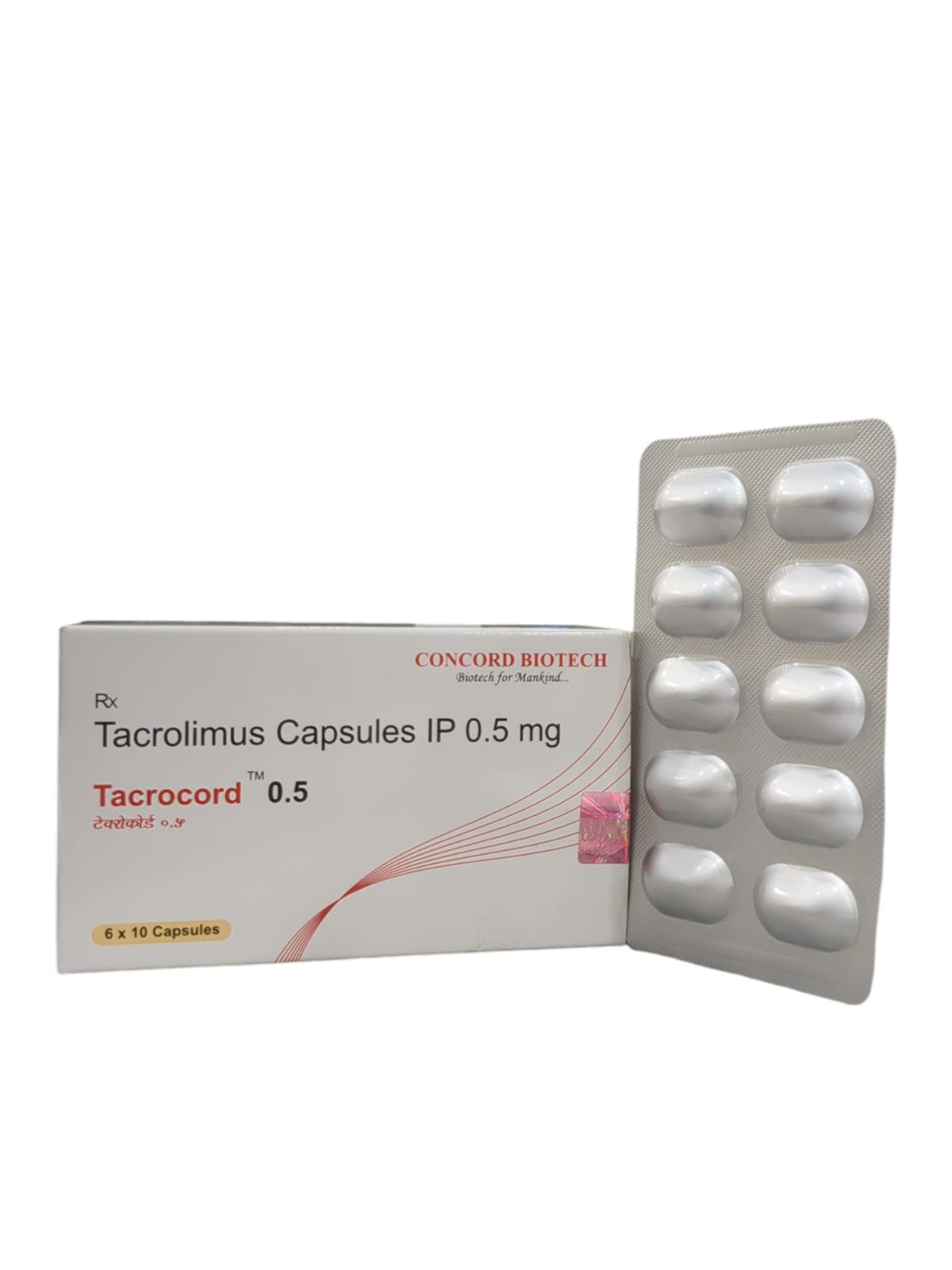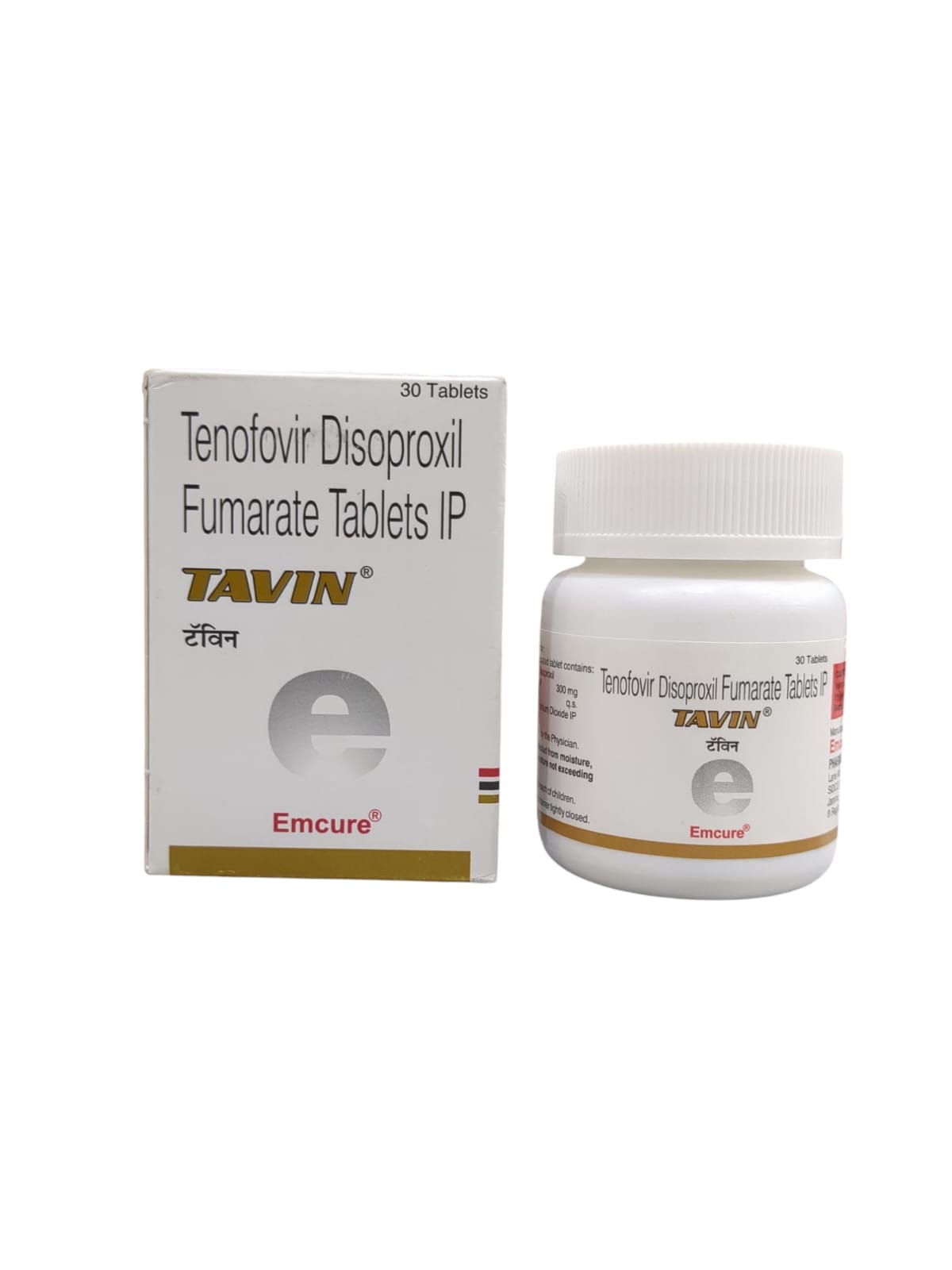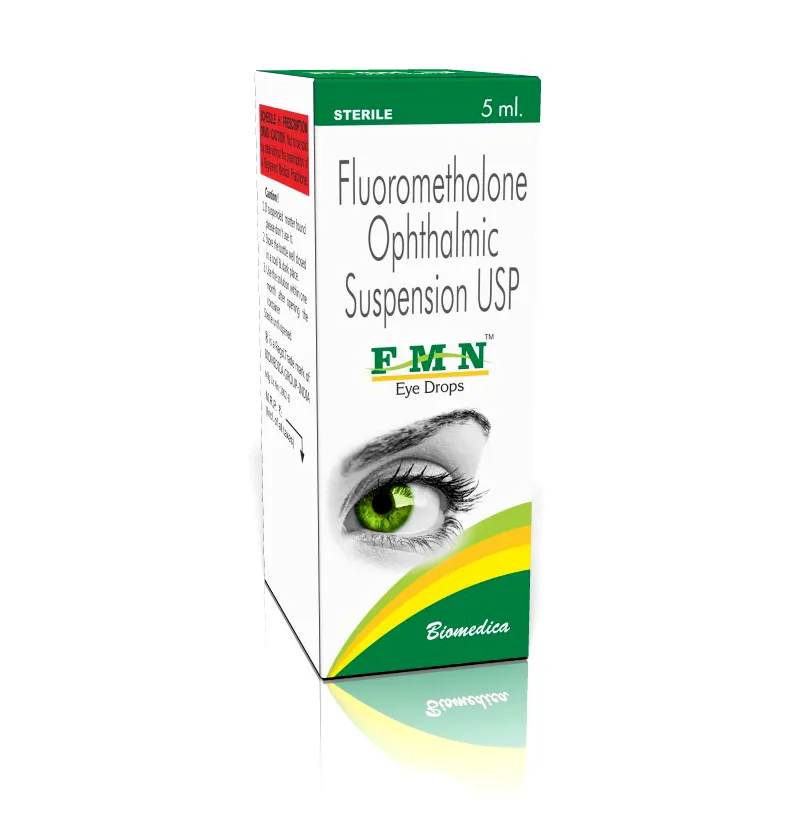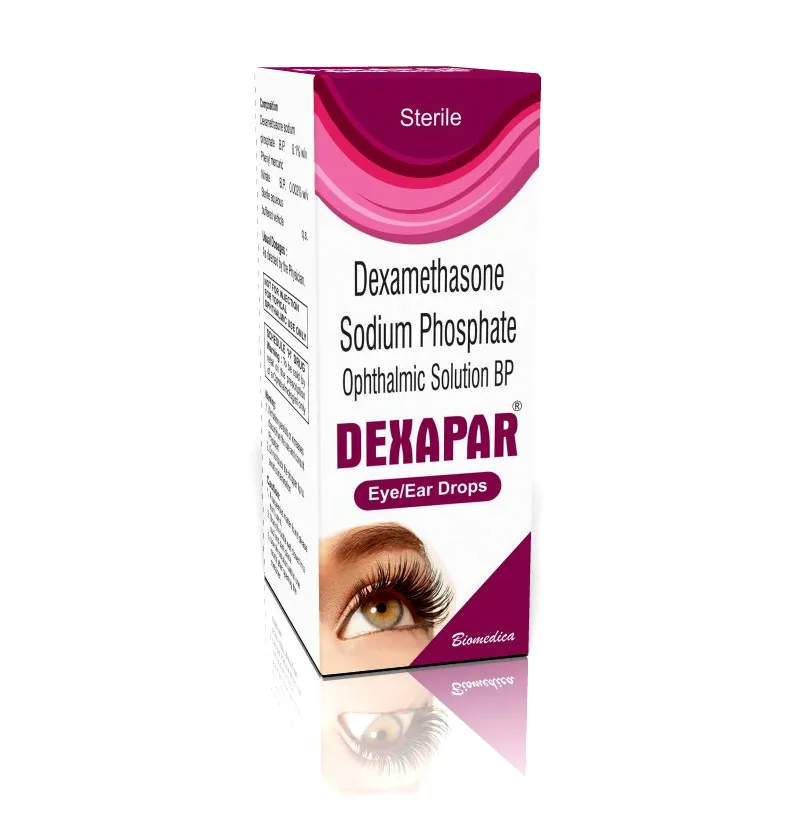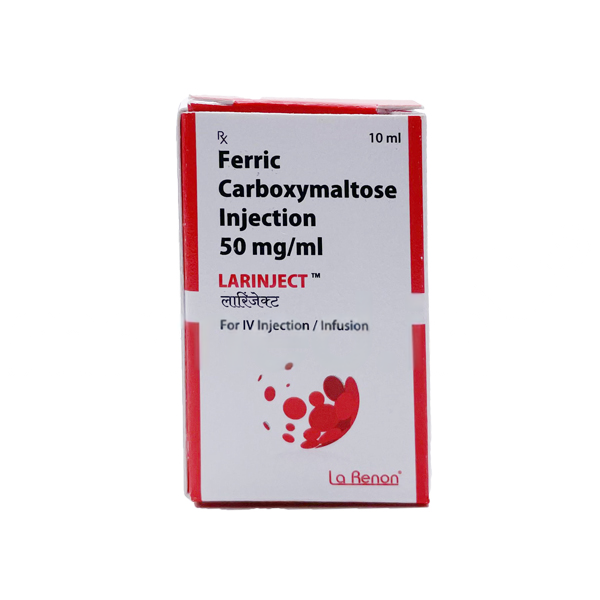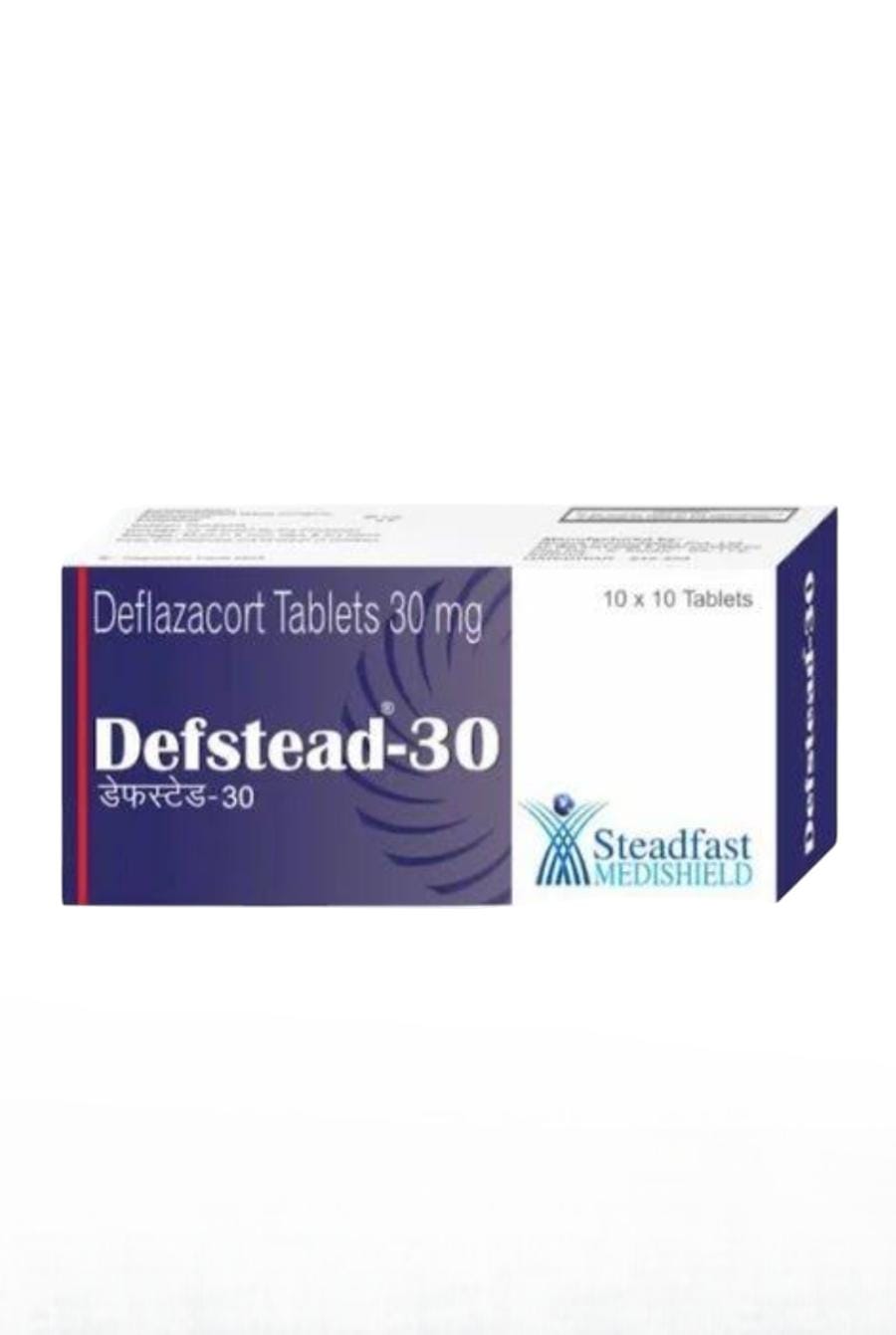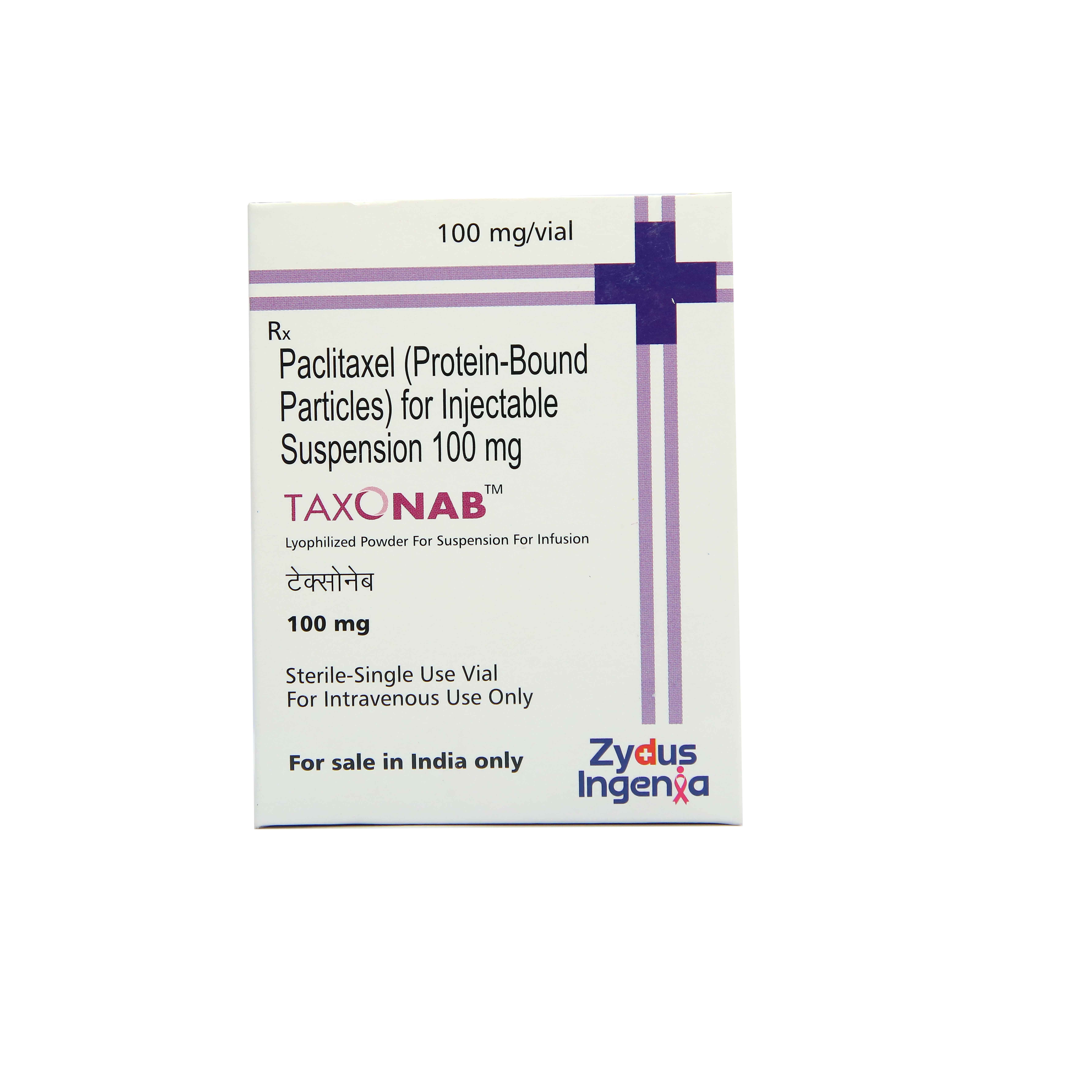Anti Cancer Medicine
INTRODUCTION ABOUT TAXONAB 100MG INJECTION
TAXONAB 100MG INJECTION contains Paclitaxel which belongs to a group of anti-cancer medicines called Taxanes. TAXONAB 100MG INJECTION is used to manage ovarian and breast cancer as a first line of therapy and as a second line of management when platinum containing medicines (such as cisplatin) or anthracyclines are insufficient to manage the disease in affected individuals.
TAXONAB 100MG INJECTION is also used to manage advanced NSCLC (non-small cell lung cancer) when surgery/radiation therapy is not suitable. The medicine is also indicated for use to manage AIDS-related Kaposi’s sarcoma when other managements (such as anthracyclines) are insufficient to manage the disease in affected individuals.
TAXONAB 100MG INJECTION is not recommended for use in patients allergic to paclitaxel and polyoxyethylated castor oil. It is also not recommended for use in patients with few white blood cells count and serious & uncontrolled infection. The medicine is also not used in patients suffering from severe liver disease.
Before receiving TAXONAB 100MG INJECTION, inform your doctor if you had previously received radiation to your chest and/or suffering from thrombocytopenia (low platelet count)/acute infections (such as herpes zoster, chickenpox, herpes), kidney problems (such as chronic kidney disease), liver problems (such as mild/moderate hepatic impairment) and/or heart problems (such as severe coronary artery disease, myocardial infarction and arrhythmias).
TAXONAB 100MG INJECTION is not recommended for use during pregnancy. Women of child-bearing potential should use effective contraception method while receiving TAXONAB 100MG INJECTION which should be continued for next-6 months after completing the management. The medicine is also not recommended for use in breastfeeding women.
TAXONAB 100MG INJECTION is also not recommended for use in children and adolescents (aged below 18 years). The medicine can be used with caution in elderly patients (aged above 65 years) after consulting the doctor.
The most common side effects of receiving TAXONAB 100MG INJECTION are minor allergic reactions (such as flushing, rash, itching), shortness of breath, sore throat/mouth ulcers, diarrhea, nausea, vomiting and/or loss of hair. Consult your doctor if any of these symptoms worsen.
USES OF TAXONAB 100MG INJECTION
Manage ovarian and breast cancer.
Manage advanced NSCLC (non-small cell lung cancer)
Manage AIDS-related Kaposi’s sarcoma in affected individuals.
HOW TAXONAB 100MG INJECTION WORKS
TAXONAB 100MG INJECTION works by interfering with the microtubule structures in the cell (substance which aids cancer cells to divide and multiply) thus inhibiting the growth of cancer cells and managing its spread in affected individuals.
DIRECTIONS FOR USE
TAXONAB 100MG INJECTION will be given to you only by a doctor or a nurse into a vein as an intravenous infusion. Your doctor will decide the correct dose and duration for you depending upon your age, body weight and disease condition.
SIDE EFFECTS OF TAXONAB 100MG INJECTION
COMMON
minor allergic reactions such as flushing, rash and/or itching
infections such as upper respiratory infection, urinary tract infection
shortness of breath
sore throat/mouth ulcers, sore and red mouth
diarrhea, nausea, vomiting
loss of hair
pain in the muscles, cramps, joints
fever, severe chills, headache, dizziness, tiredness, looking pale
bleeding, bruising more easily than normal
signs of peripheral neuropathy such as numbness, tingling/weakness in arms and legs
temporary mild nail change and skin changes
reactions at injection sites such as localized swelling, pain and/or redness of the skin.
UNCOMMON
septic shock (severe drop in blood pressure) due to infections
racing heartbeat, rapid beating of the heart, respiratory distress, heart attack, heart block
fatigue, sweating, fainting, significant allergic reactions, phlebitis (inflammation of a vein), swelling of the face, lips, mouth, tongue and/or throat
back pain, chest pain, pain around hands and feet, chills, abdominal pain.
RARE
febrile neutropenia (type of fever) due to low white blood cell count associated with fever and increased risk of infection
motor neuropathy (disease that affects your body’s motor nerves)
pulmonary embolism (blockade of lung artery), lung fibrosis (damaged/scarred lung tissue), interstitial pneumonia (scarring of lung tissue), pleural effusion (build of fluid between lungs and chest)
bowel obstruction, bowel perforation, inflammation of colon, inflammation of the pancreas (pancreatitis)
skin redness
peritonitis (inflammation of abdominal layer)
fever, dehydration, weakness
anaphylactic reactions (life threatening allergic reaction).
HOW TO MANAGE SIDE EFFECTS
Diarrhea:
Drink plenty of water and stay hydrated. Try to avoid taking any medicine on your own to manage diarrhea. Consult your doctor and inform them if the symptom gets worse.
Send Message
